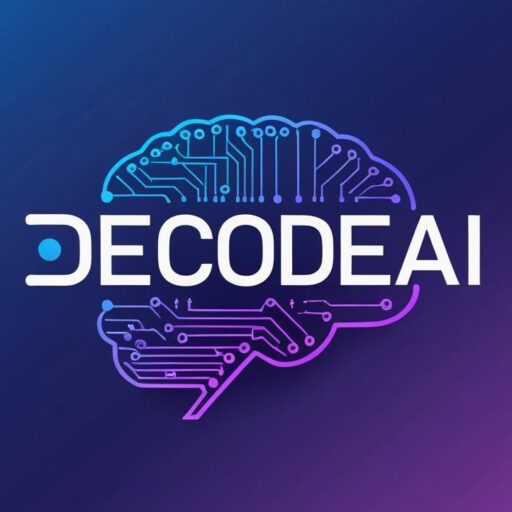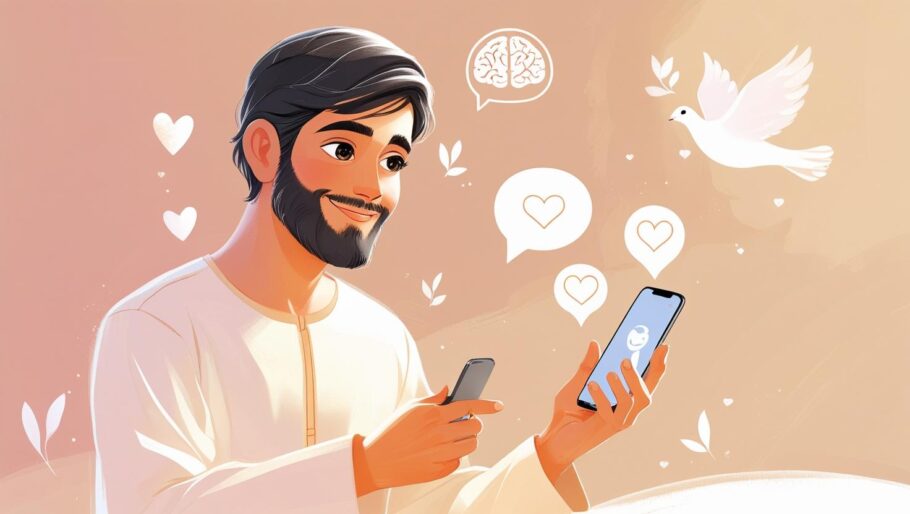Contents
Can AI Help with Mental Health?
Author: M Sharanya
Introduction
Mental health support has evolved significantly with the integration of technology. One of the most promising developments is the use of artificial intelligence (AI) to assist in mental wellness. But how effective is AI in this sensitive area? In this post, we explore the roles AI can play, its benefits, and the limitations of relying on AI for mental health support.
Ways AI Is Being Used in Mental Health
- Therapy Chatbots: AI-driven chatbots like Woebot and Wysa provide 24/7 support using cognitive behavioral therapy (CBT) principles.
- Mood and Behavior Tracking: Apps analyze patterns in sleep, speech, and activity to detect emotional changes early.
- Early Detection: AI models can flag signs of depression, anxiety, or burnout from social media behavior or typing patterns.
- Personalized Recommendations: AI can suggest coping techniques, journaling prompts, or breathing exercises based on user input.
Benefits of AI in Mental Health Support
- Accessibility: People in remote areas or without access to therapists can still receive support.
- Affordability: AI-powered tools are usually cheaper or free compared to traditional therapy sessions.
- Non-judgmental Interaction: Users may feel more comfortable opening up to a chatbot initially.
- Real-time Support: AI tools can respond immediately, even during late-night hours or crises.
Limitations and Concerns
- Lack of Human Empathy: AI cannot replace the emotional intelligence of a human therapist.
- Privacy Risks: Sensitive mental health data must be protected with strong data encryption and ethical use policies.
- Over-reliance: Some users might delay seeking professional help by depending solely on AI.
- Not Suitable for Severe Cases: AI is not equipped to handle complex mental health conditions or crises.
AI as a Support Tool, Not a Replacement
AI should be seen as a complementary resource, not a substitute for licensed professionals. While AI can provide daily support and encouragement, it works best when combined with human care, especially in moderate to severe cases.
Conclusion
AI is opening new doors in mental health accessibility and monitoring. While it can’t replace the therapeutic relationship between a person and a counselor, it can serve as a helpful tool for daily support, early detection, and emotional regulation. As the technology evolves, so will its ability to provide more personalized and ethical support.



